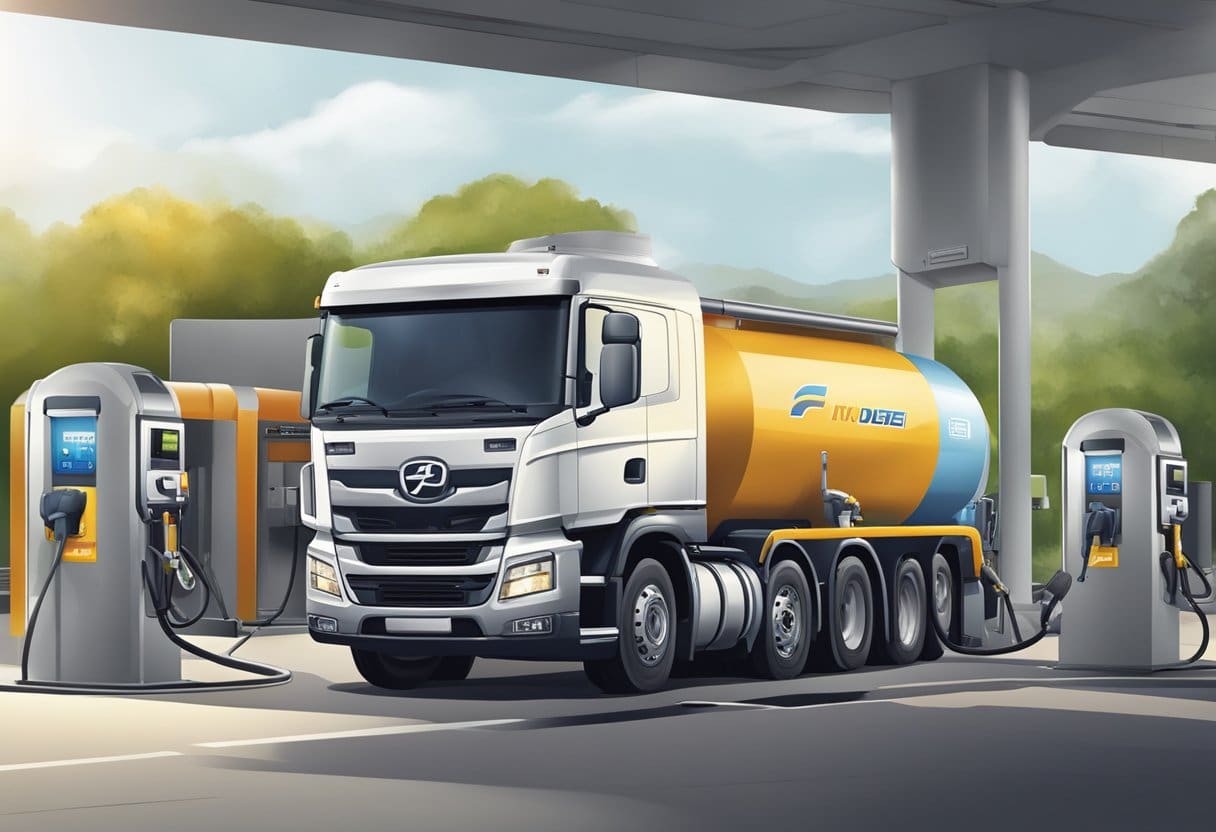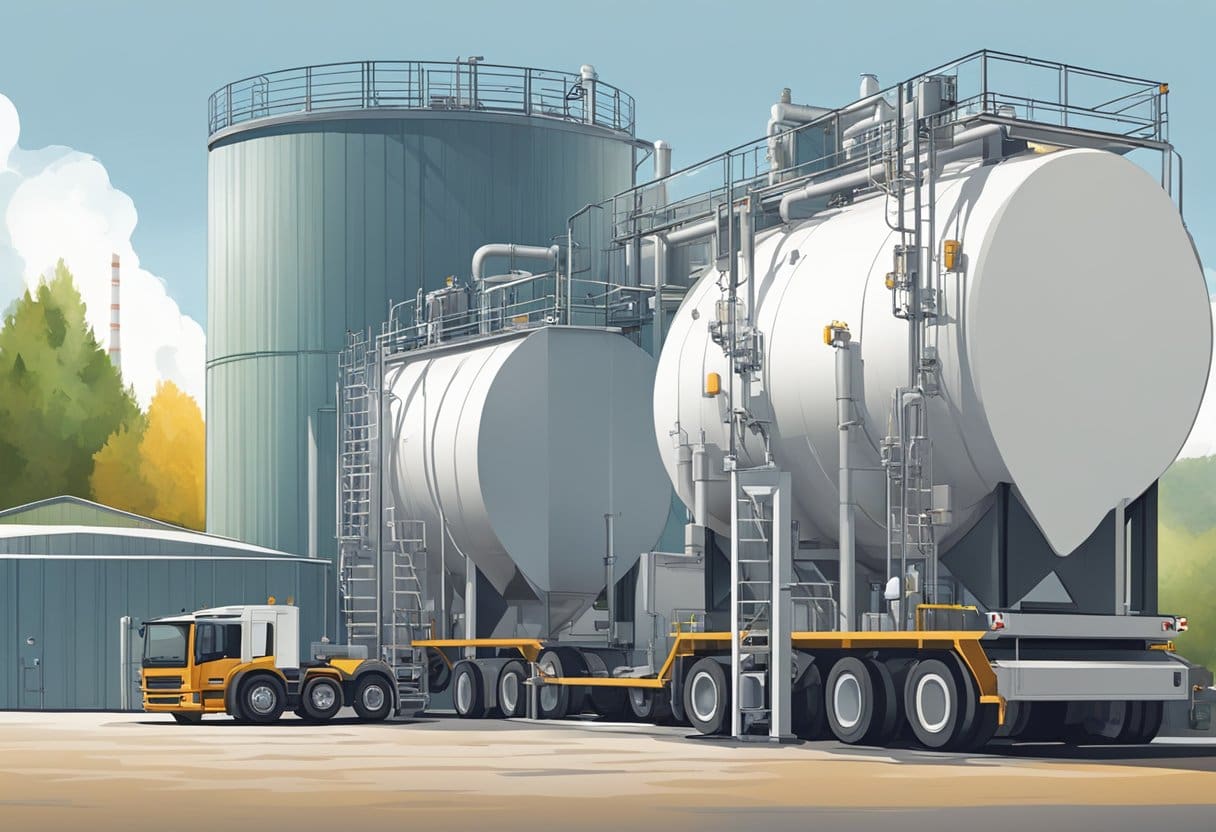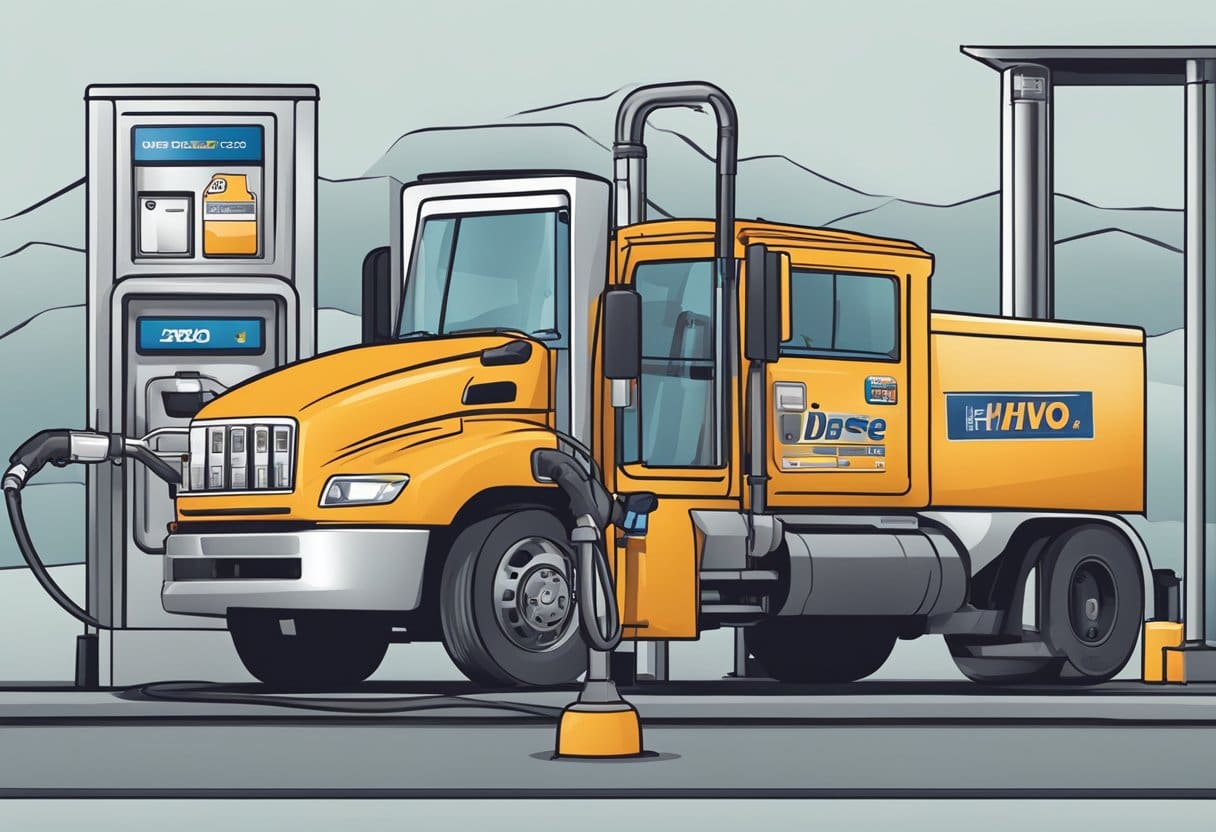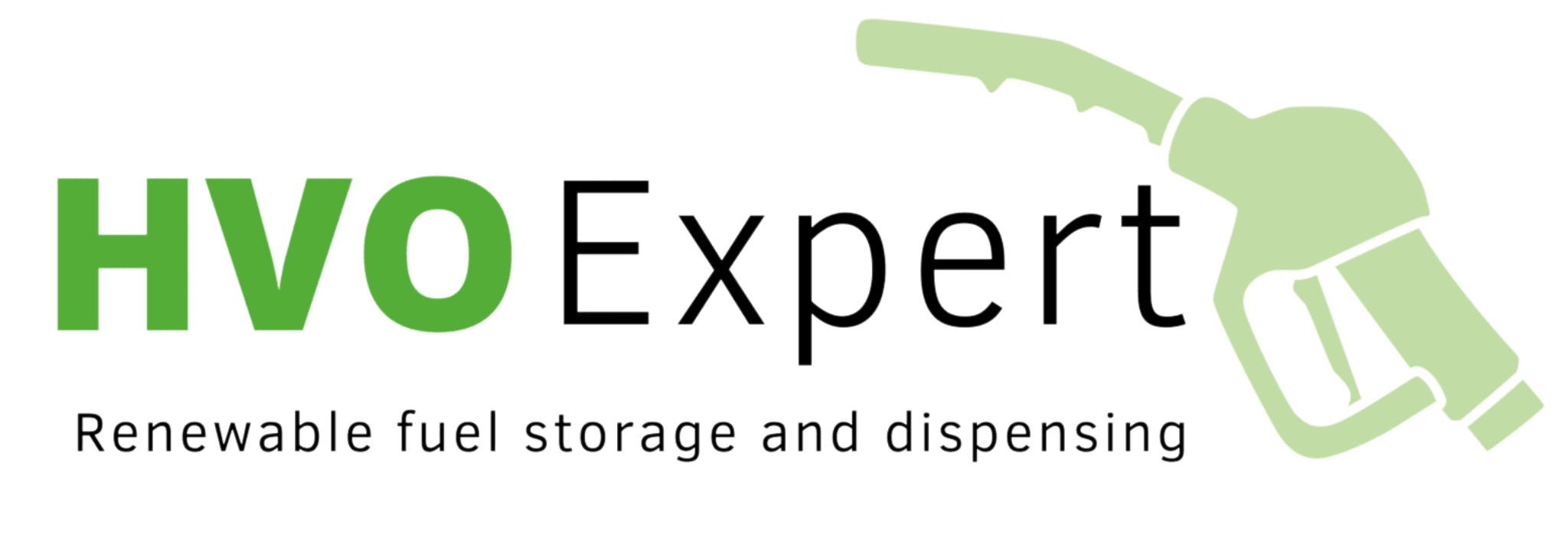Why HVO Matters
Hydrotreated Vegetable Oil (HVO) fuel is a widely adopted renewable diesel alternative, recognised by industry leaders and certified under major regulatory frameworks that offer a low-carbon solution for fleets, businesses, and public sector transport. Made from waste oils and fats, HVO significantly reduces greenhouse gas emissions while maintaining compatibility with existing diesel engines.
Hydrotreated Vegetable Oil (HVO) fuel is a widely adopted renewable diesel alternative, by industry leaders and certified under major regulatory frameworks that offer a low-carbon solution for fleets, businesses, and public sector transport. Made from waste oils and fats, HVO significantly reduces greenhouse gas emissions while still working with current diesel engines.
With governments and industries pushing for net-zero emissions, driven by policies like the UK’s legally binding 2050 Net Zero Strategy and the Renewable Transport Fuel Obligation (RTFO), businesses need practical, scalable solutions. HVO fuel stands out because it requires no modifications to vehicles and infrastructure while cutting CO₂ emissions by up to 90% compared to fossil diesel.

How Does HVO Fuel Work?
Being a drop-in diesel substitute, HVO may be used in current diesel engines without expensive requiring expensive modifications to existing vehicles and onsite fuel storage systems. It goes through a process known as hydrotreatment where hydrogen is used to refine waste oils and fats into a high-quality, clean-burning fuel.
Key Advantages:
- Compatible with all diesel vehicles—including fleets, emergency services, construction , and public transport vehicles.
- Lower emissions than fossil diesel— – Reduces NOₓ and particulate matter.
- Used and stored as the same as fossil diesel—no infrastructure modifications needed.

Key Benefits of HVO Fuel
Significant CO₂ Reductions
One of the biggest advantages of HVO fuel is its lifecycle emissions reduction. Unlike fossil diesel, which has a high carbon footprint from oil drilling, extraction, refining, and transport, HVO is made from waste materials that would otherwise contribute to emissions.
- Up to 90% lower CO₂ emissions compared to fossil diesel.
- Reduces emissions at every stagefrom production to combustion.
- Sourced from sustainable feedstocks like used cooking oils and waste fats.
Fleet & Transport Readiness
HVO fuel provides an immediate pathway to lower emissions for fleets, emergency services, and public transport:
- No vehicle modifications required compatible with diesel engines.
- Can be blended with diesel or used as a full replacement.
- Certified for sustainability (see ISCC, RTFO, and Zemo certifications below).

How HVO Helps Businesses & Public Fleets Meet Sustainability Goals
Companies and public sector organisations using HVO fuel can:
- Lower Scope 1 emissions from direct fuel use.
- Meet net-zero targets faster by reducing fleet emissions.
- Improve corporate ESG performance by adopting low-carbon fuels.
HVO is already being used by:
- Local councils transitioning fleets to renewable fuels.
- Emergency services reducing their carbon footprint.
- Logistics and transport companies can cut their emissions without switching to electric.

Understanding HVO Certification (RTFO, ISCC, and Zemo)
To ensure sustainability and compliance, HVO fuel is certified under key regulatory frameworks:
- RTFO (Renewable Transport Fuel Obligation)—UK government policy supporting renewable fuels.
- ISCC (International Sustainability & Carbon Certification) sustainable sourcing and production.
- Zemo Renewable Fuels Assurance Scheme – Scheme—certification ensuring HVO meets strict environmental standards.

Conclusion & Next Steps
HVO fuel is a proven, scalable solution, already adopted by major fleet operators such as DHL and Stagecoach, contributing to significant CO₂ reductions in commercial transport for reducing transport emissions without requiring new vehicles or infrastructure. As businesses and governments work toward net-zero goals, HVO offers an immediate and practical alternative to fossil diesel.








